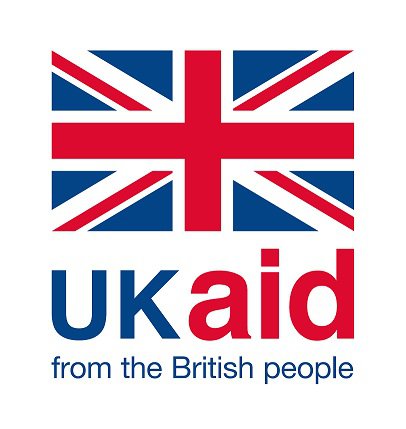Thanks to UK Aid there is real hope of ending leprosy in Mozambique
Hubs of Hope are to be constructed across Northern Mozambique. They offer real hope of ending leprosy in the country, a disease that should not exist in the 21st Century.
The Hubs are places from which the fight against leprosy, a deeply feared disease in Mozambique, is led. Places where everyone is welcome, awareness of leprosy is raised and myths surrounding the disease quashed.
We are celebrating The Unconditional Appeal, the most successful campaign in our 147-year history. The campaign seeks to bring health, hope and opportunity to the people of Mozambique. These are people, who in recent times, have faced escalating violence, the devastating effects of climate change, hunger, homelessness, leprosy and Covid-19.
The Unconditional Appeal raised an incredible £4.4 million, including £2 million from the UK government, as part of its UK Aid Match scheme.
Chief Executive of The Leprosy Mission, Peter Waddup, said the total would not only pave the way to ending leprosy in Mozambique, but would bring prosperity to communities for years to come.
Peter said: “At a time when Covid has pushed more than 100 million people globally into extreme poverty, this outpouring of generosity shows the power of UK Aid and why it is needed more than ever.
“Leprosy is a Neglected Tropical Disease, a disease of poverty. It is shameful that it exists today. UK Aid Match is a brilliant initiative that gives the public a say in where the overseas aid budget is spent. I am so incredibly thankful to both new and existing supporters for reaching out with love and huge generosity to people affected by leprosy in Mozambique.
"Pilot hubs have already become the beating hearts in rural communities. They are powered by solar panels, enabling a Raspberry Pi, a tiny and affordable computer, to give an internet connection. They are usually the only place in a village lit by electricity."
Against a backdrop of violence, Leprosy Mission teams have continued working in the rural communities of Cabo Delgado as well as reaching out to new villages. These are often remote places where there is extreme poverty and leprosy is a real problem.
Hubs of Hope across northern Mozambique will increase the fight against leprosy. Volunteers known as Leprosy Changemakers will be trained to recognise the early signs of leprosy. These are amazing people affected by leprosy themselves or pillars of the community such as traditional healers and faith leaders. Each day they walk hand in hand with someone on the journey to being cured.
Peter explained: "There is fear and prejudice surrounding leprosy deeply embedded in the culture of the remote villages we are reaching out to.
“Leprosy Changemakers go back to their communities and change attitudes at the very heart. This includes welcoming back those cast out for simply having leprosy, an easily curable disease."
The Hubs don’t just help people affected by leprosy. They are centres of community development. Farmers learn how to better market their produce and protect against the effects of climate change. This increases food security. Savings groups and adult literacy classes are also offered.
Each Hub has a projector and every evening at 6pm, there is a film screening. Using modern technology, members of the community can tune in on their radios or watch on a Smartphone. A variety of videos are shown, from leprosy awareness to educational films, entertainment videos and local theatre productions.
Peter said: "I am incredibly excited about the life changing work that will stem from the Hubs of Hope. They are literally and metaphorically a light in the darkness, a place where there is connection, healing, friendship, support and opportunity.
“I am in complete awe of my amazing colleagues in Mozambique for making this vision a reality in a region where there is intense violence. Their compassion and tenacity in continuing to serve people affected by leprosy each day, despite risking their own lives, is deeply humbling.”
